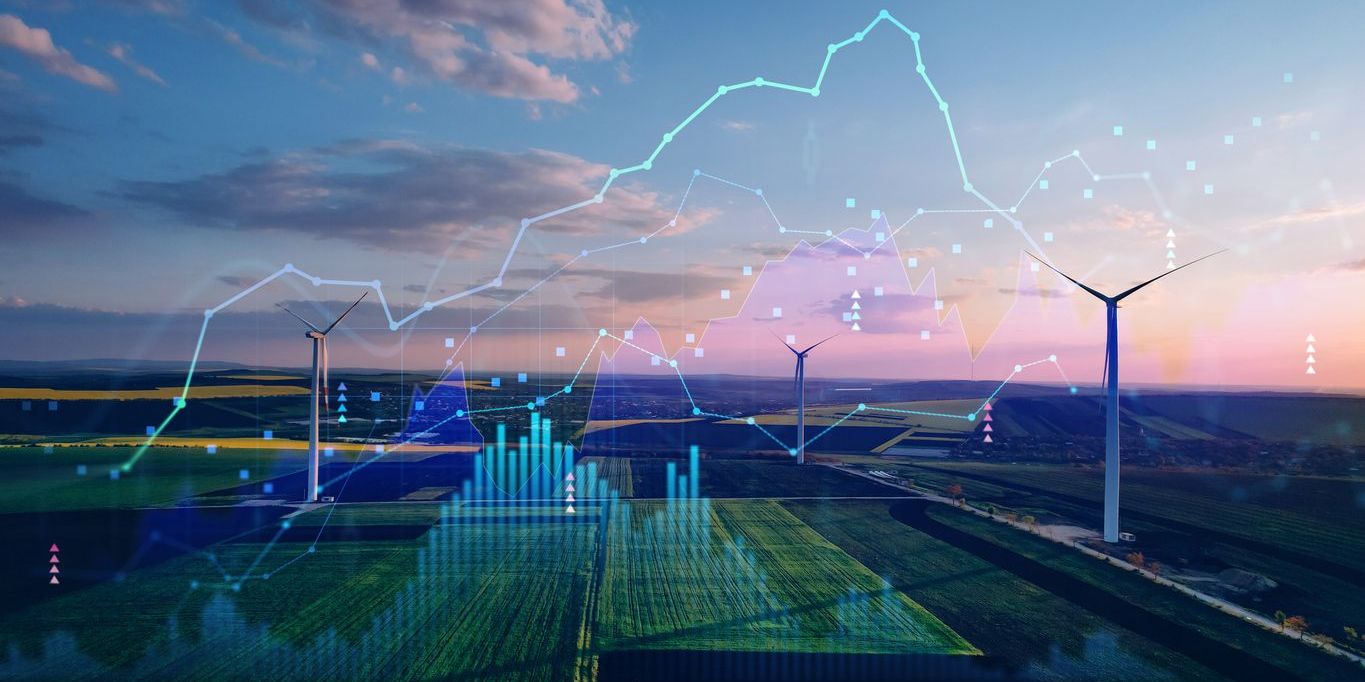What is an Energy Data Scientist?
An energy data scientist uses data to help improve the way we produce, use, and save energy. They gather large amounts of information from places like power plants, solar panels, smart meters, and weather reports. By studying this data, they can find useful patterns that help energy companies make better decisions—like predicting energy needs, cutting waste, saving money, or using more clean energy.
These data scientists often work with engineers, energy experts, and policy teams to turn complex information into clear advice. For example, they might create models to predict how much solar energy a city will produce based on the weather, or look at how people use electricity to help design fair pricing plans. Their work helps make the energy system cleaner, more reliable, and more efficient.
What does an Energy Data Scientist do?

Duties and Responsibilities
Energy data scientists play a key role in helping the energy sector use data to solve real-world problems. Common duties and responsibilities include:
- Collect Energy Data: Gather data from sources like solar panels, wind turbines, smart meters, and weather systems to track how energy is produced and used.
- Clean and Organize Data: Remove errors, fill in missing values, and structure the data so it can be analyzed accurately and efficiently.
- Analyze Energy Use: Study data to find trends and patterns in how energy is consumed, helping companies understand where they can save energy or reduce costs.
- Build Forecast Models: Create tools to predict things like future energy demand, renewable output, or grid performance based on current and past data.
- Support Efficiency Improvements: Use insights from data to recommend ways to improve how energy is used, such as adjusting schedules or upgrading equipment.
- Work with Energy Teams: Collaborate with engineers, analysts, and business leaders to make sure data findings are used to guide smart energy decisions.
- Create Reports and Dashboards: Design easy-to-read charts and visual tools that show important results so others can understand and act on the data.
- Help Meet Clean Energy Goals: Use data to support projects that lower emissions and increase the use of renewable energy, helping the transition to a cleaner grid.
Types of Energy Data Scientists
Here are some common types of energy data scientists, based on their areas of focus within the energy industry:
- Grid Data Scientist: Focuses on analyzing electricity grid performance, including demand forecasting, outage prediction, and grid reliability. Works closely with utility companies and transmission operators.
- Renewable Energy Data Scientist: Specializes in data from solar panels, wind turbines, or hydropower systems. Uses weather and production data to predict output and optimize renewable energy use.
- Building Energy Data Scientist: Works with data from smart buildings to analyze energy consumption, improve efficiency, and support energy-saving technologies like smart HVAC systems.
- Energy Market Data Scientist: Analyzes data from electricity and gas markets to forecast prices, model supply and demand, and support trading and investment decisions.
- Energy Storage Data Scientist: Focuses on data from battery systems or other energy storage technologies to help predict usage, manage charging cycles, and improve lifespan and efficiency.
- Environmental Impact Data Scientist: Uses energy-related data to track carbon emissions, evaluate sustainability efforts, and support compliance with environmental regulations.
Energy data scientists have distinct personalities. Think you might match up? Take the free career test to find out if energy data scientist is one of your top career matches. Take the free test now Learn more about the career test
What is the workplace of an Energy Data Scientist like?
The workplace of an energy data scientist is usually a mix of working on a computer and working with teams. Most of the time, they are in an office or working remotely, using software to look at large sets of energy data. They might work for utility companies, renewable energy firms, government agencies, or startups, helping with projects that focus on saving energy or using more clean energy.
They often work closely with engineers, policy experts, developers, and managers. They go to team meetings to share what they’ve found in the data and suggest ways to improve energy systems. Since not everyone on the team is a data expert, they need to be good at explaining their ideas in simple ways.
Sometimes, they visit places like wind farms, power plants, or solar fields to see how things work in real life and to gather data. But most of their work is done on a computer, either in an office or from home, using digital tools and online data systems.
Energy Data Scientists are also known as:
Renewable Energy Data Scientist